Concrete countertops have become a popular choice in modern kitchen design, offering a sleek and customizable alternative to traditional materials. One common concern among homeowners considering concrete countertops is the possibility of cracks. While concrete itself is a strong and durable material, several factors can influence the likelihood of cracks in concrete countertops.
The most critical factor in preventing cracks in concrete countertops is the proper mix design and curing process. A well-formulated concrete mix with the right balance of aggregates, cement, and water, coupled with thorough curing, significantly reduces the risk of cracks. Quality control during the mixing and pouring stages is essential to ensure the concrete achieves the desired strength and durability.
The use of reinforcement materials, such as fiberglass, steel mesh, or rebar, can further enhance the structural integrity of concrete countertops. These materials help distribute the tensile forces that can lead to cracking, providing additional support and minimizing the risk of visible cracks. The choice of reinforcement depends on factors like the countertop’s size, thickness, and the specific requirements of the project.
Proper installation by experienced craftsmen is crucial for minimizing the potential for cracks in concrete countertops. Skilled artisans understand the intricacies of working with concrete, ensuring that the material is poured, leveled, and finished correctly. Attention to detail during the installation process contributes to the long-term durability and appearance of the countertops.
The environmental conditions during the curing period also play a significant role in preventing cracks. Rapid drying or exposure to extreme temperature fluctuations can lead to stress within the concrete, increasing the likelihood of cracks. Adequate moisture and a controlled curing environment help the concrete achieve optimal strength and reduce the risk of surface cracks.
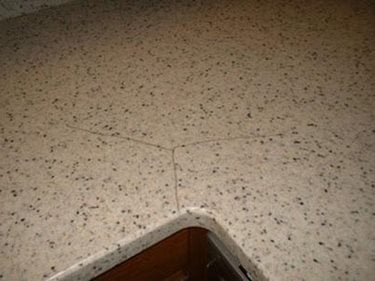
While concrete is inherently strong, it is not impervious to impact or heavy loads. Dropping heavy objects or applying excessive force to the surface can result in cracks. Homeowners should be mindful of how they use and maintain their concrete countertops to avoid unnecessary stress on the material.
Temperature differentials can impact the behavior of concrete. Extreme heat or cold, especially in outdoor environments, can cause the material to expand or contract, potentially leading to cracks. Applying a sealer to the concrete surface helps mitigate the impact of temperature changes and provides an additional layer of protection against cracks.
Proper maintenance is crucial for preventing cracks in concrete countertops. Regular cleaning with a mild soap and water solution, avoiding abrasive cleaners, and promptly addressing any spills can help maintain the countertop’s integrity. Sealing the concrete periodically adds an extra layer of protection, enhancing its resistance to stains, moisture, and potential cracking.

Over time, hairline cracks may appear in concrete countertops due to natural settling or shifts in the substrate. These tiny cracks are often superficial and do not compromise the structural integrity of the countertop. In fact, some homeowners appreciate the character and patina that develop over time, considering them a natural part of the concrete’s aging process.
In situations where a homeowner desires a more uniform appearance or wants to address small surface cracks, cosmetic fixes are available. Specialized patching compounds or tinted sealers can be applied to mask minor imperfections, providing a seamless and polished look to the countertop. These solutions offer a practical way to address aesthetic concerns without compromising the countertop’s durability.
The thickness of the concrete countertop can impact its resistance to cracking. Thicker slabs generally have better load-bearing capacity and are less prone to surface cracks. However, the desired thickness should align with the overall design and aesthetic preferences, considering both functionality and visual appeal.
Design considerations, such as the inclusion of cutouts for sinks or cooktops, can influence the likelihood of cracks. Properly executed cutouts that maintain the concrete’s structural integrity are crucial. Reinforcing the areas around cutouts and ensuring proper support for appliances contribute to the countertop’s stability and reduce the risk of cracks.
Collaboration with a knowledgeable contractor or designer is essential for homeowners considering concrete countertops. Professionals with experience in concrete countertop fabrication can guide homeowners through the material selection, design process, and installation, minimizing the risk of cracks and ensuring a successful outcome.

While concrete countertops can develop cracks under certain conditions, a combination of factors, including proper mix design, reinforcement, installation, and maintenance, can significantly reduce the risk. Homeowners who understand these considerations and work with experienced professionals can enjoy the durability, versatility, and aesthetic appeal that concrete countertops bring to their kitchens. Proper care, periodic maintenance, and a realistic understanding of the material’s characteristics contribute to a long-lasting and visually pleasing concrete countertop.
Reason for Cracks in Concrete CountertopsConcrete Countertop
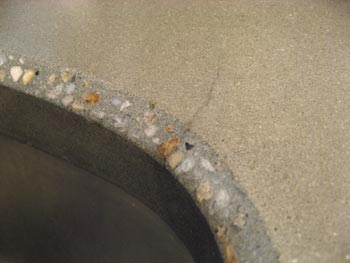
Reason for Cracks in Concrete CountertopsConcrete Countertop
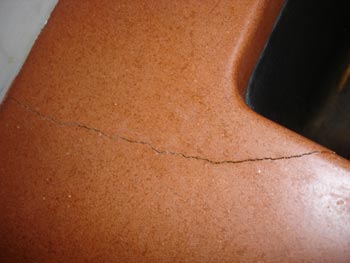
Troubleshooting Concrete Countertops: Tips from the Experts
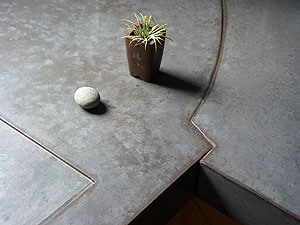
Troubleshooting Concrete Countertops: Tips from the Experts
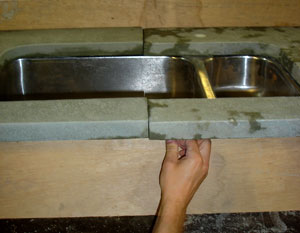
How to Build a Concrete Countertop HGTV
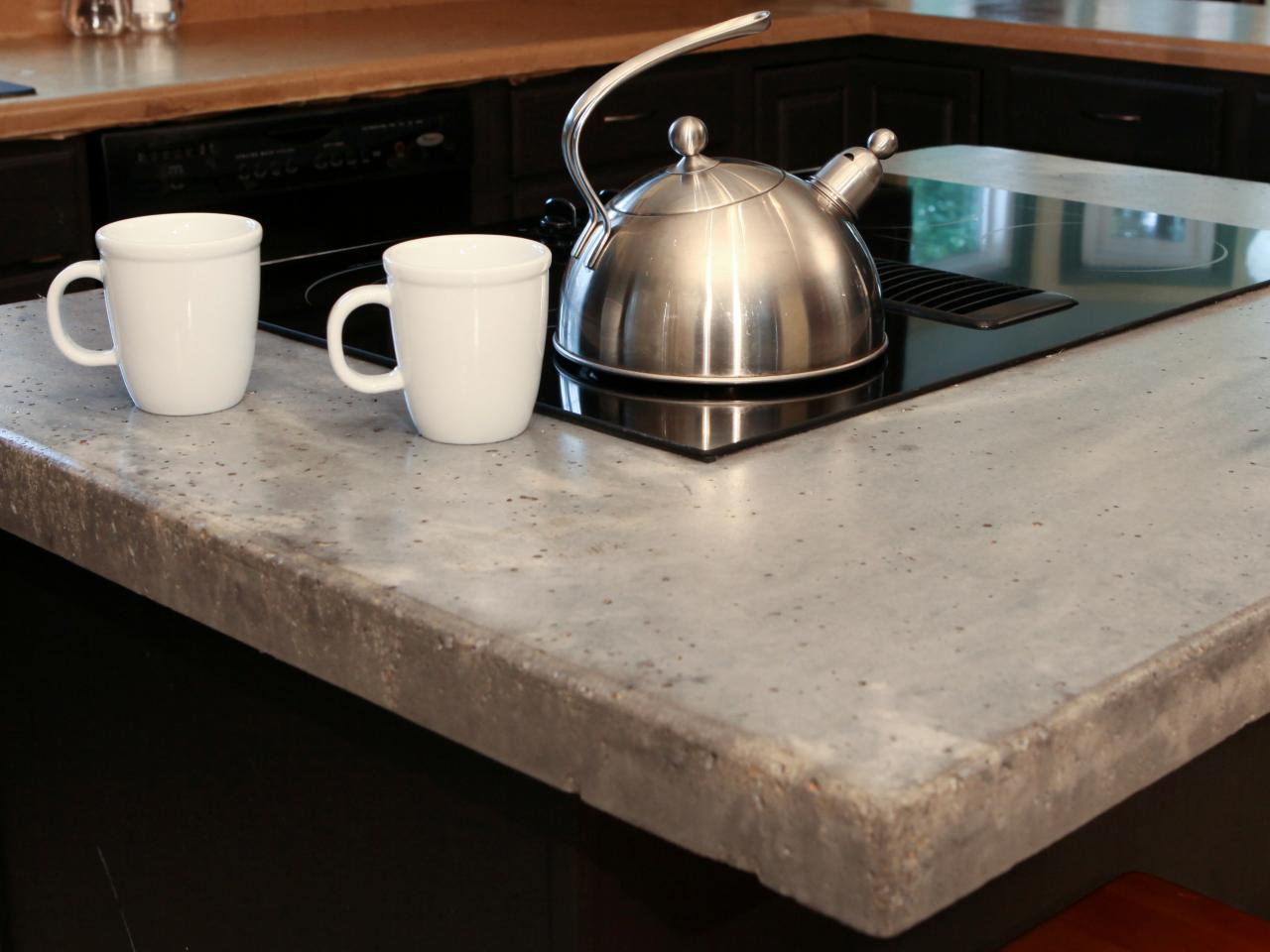
Concrete Countertop Crack Repair – How to Fix Hairline Cracks
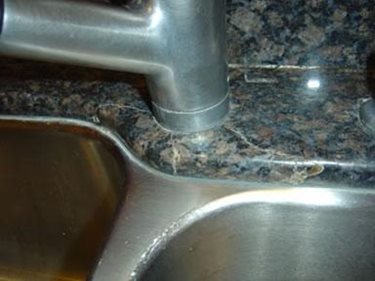
Related articles:
- Concrete Countertop Stain Removal
- How To Stain A Concrete Countertop
- Concrete Countertop Overlay DIY
- Epoxy Finish For Concrete Countertops
- Concrete Countertops With Farmhouse Sink
- Concrete Countertop Design Ideas
- How To Acid Stain Concrete Countertops
- Concrete Countertop Reinforcement
- How To Build Concrete Countertop In Place
- Concrete Countertops Outdoor